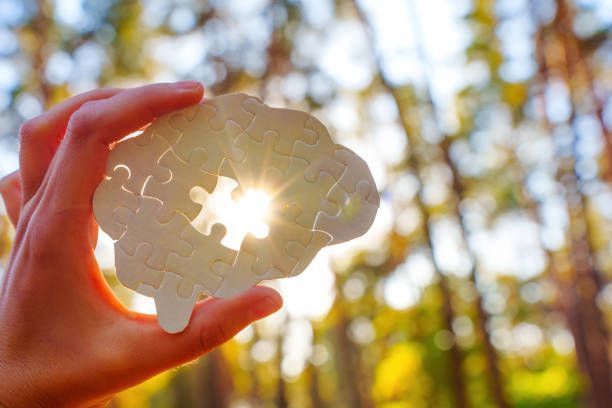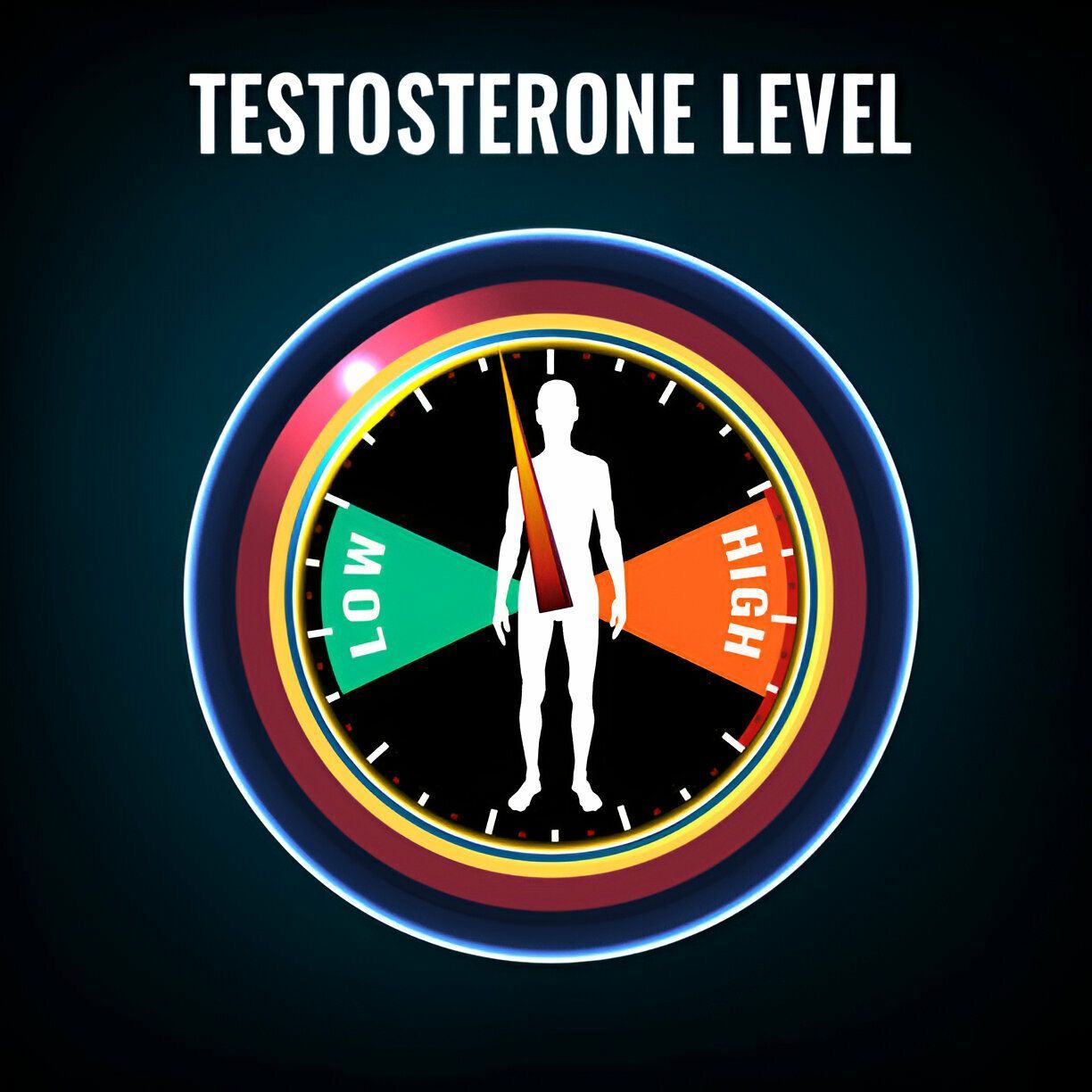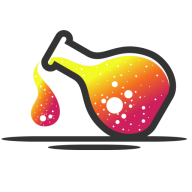Can Low Testosterone Affect Your Mental Health?
Testosterone is a key hormone that plays a crucial role in many aspects of men's health, including physical health, libido, and mental well-being. Low testosterone, or hypogonadism, can significantly impact mental health, leading to symptoms such as mood swings, depression, and anxiety. In this blog, we’ll explore the relationship between low testosterone and mental health and how addressing this hormonal imbalance can improve emotional well-being.

The Link Between Testosterone and Mental Health
Testosterone is often associated with physical attributes such as muscle mass and libido, but it also has a profound effect on mood and emotional stability. The hormone interacts with various parts of the brain, influencing mood, stress responses, and cognitive functions. When testosterone levels fall, these areas can be impacted, leading to various mental health concerns.
Symptoms of Low Testosterone That Impact Mental Health
Men with low testosterone may experience a range of mental health symptoms that can affect their daily lives and relationships. Some of the most common mental health symptoms associated with low testosterone include:
Depression
One of the most significant effects of low testosterone is its potential to contribute to depression. Men with low testosterone levels may feel sad, hopeless, or emotionally detached. This condition can be difficult to diagnose, as the symptoms of depression can overlap with other mental health issues. However, research shows that low testosterone can be a significant factor in the development of depressive symptoms in men.
Anxiety and Irritability
Low testosterone can also lead to increased anxiety and irritability. Men may feel more stressed or anxious, even in situations that typically would not trigger such emotions. They may also become more irritable or easily frustrated, which can strain personal and professional relationships.
Decreased Motivation
A decline in testosterone levels can result in a lack of motivation, making it harder for men to complete daily tasks or engage in activities they once enjoyed. This lack of drive can affect both personal and work life, leading to feelings of inadequacy or frustration.
Reduced Cognitive Function and Brain Fog
Testosterone plays a role in cognitive function, including memory, focus, and mental clarity. Men with low testosterone may experience difficulty concentrating, forgetfulness, and a general sense of mental fog. This can impact productivity and make it harder to perform well in both personal and professional settings.
How Testosterone Therapy Can Improve Mental Health

- Improvements in Mood
As testosterone levels increase through TRT, many men experience a significant improvement in mood. Symptoms of depression, anxiety, and irritability may begin to subside, leading to greater emotional stability. Many men report feeling more positive and less stressed after starting TRT.
- Reduced Anxiety and Stress
TRT can also help reduce feelings of anxiety and stress. As testosterone levels return to normal, men may experience improved stress resilience and a greater sense of calm. This can lead to better coping mechanisms in challenging situations.
- Increased Motivation and Energy
Testosterone plays a key role in motivation and energy levels. As testosterone levels are restored, many men feel more energized and driven to engage in activities that improve their physical and mental well-being. This boost in energy can also translate to better performance at work and in personal relationships.
- Enhanced Cognitive Function
Restoring testosterone to normal levels can also help improve cognitive function. Many men report experiencing improved focus, clearer thinking, and better memory once their testosterone levels are stabilized. This can improve overall quality of life, as well as enhance job performance and productivity.
When to Seek Treatment for Low Testosterone
If you are experiencing any of the mental health symptoms associated with low testosterone, such as depression, anxiety, or brain fog, it’s important to speak with a healthcare provider. A doctor can perform blood tests to measure your testosterone levels and determine whether low testosterone is contributing to your mental health issues.
Conclusion
Low testosterone can have a significant impact on mental health, leading to symptoms such as depression, anxiety, irritability, and brain fog. Testosterone Replacement Therapy (TRT) can help restore testosterone levels, improving mood, motivation, and cognitive function. If you're experiencing mental health symptoms that you suspect may be related to low testosterone, it’s important to consult with a healthcare provider for proper diagnosis and treatment.









